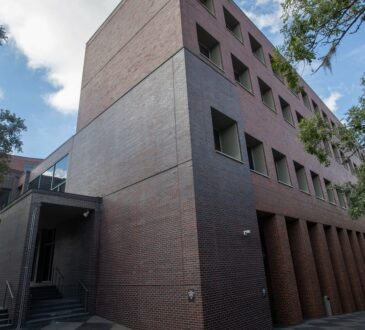
New York Attorney General Letitia James raised the stakes in her legal fight with former President Donald Trump, urging a judge Friday to force him, his two eldest sons and his namesake corporation to pay $370 million for alleged “outrageous” business fraud.
James initially sought $250 million from Trump and the company that was found to have falsely inflated property values of his real estate empire in order to gain benefits in borrowing and insurance. But the figure grew as additional buildings and valuations were revealed during the 44-day trial to determine damages.
“The conclusion that defendants intended to defraud when preparing and certifying Trump’s (financial statements) is inescapable; the myriad deceptive schemes they employed to inflate asset values and conceal facts were so outrageous that they belie innocent explanation,” James wrote in her filing.

The filing came in anticipation of closing arguments Jan. 11 in the civil fraud trial.
The judge, Arthur Engoron, ruled in September that Trump, his sons Don Jr. and Eric, and the company were liable for fraud and ordered the cancelation on their certificates to do business in New York State. But that punishment was put on hold while the case is appealed.
Trump has argued that lenders knew to treat his property valuations cautiously and that there were no victims because they were repaid with interest. Trump has argued that Engoron and his top clerk are partisan and have treated him unfairly during the case that he argued should have been dismissed.
James argued in her filing that voluminous evidence documented how Trump and top executives including his sons were liable for “repeated and persistent fraud.” Examples she cited included:
- reporting assets Trump didn’t control.
- valuing non-existent buildings as if estimated profits could be realized immediately
- disregarding appraisals in favor of values based on false assumptions.
- valuing properties based on grossly exaggerated square footage.
James wrote that unrebutted testimony from a banking expert, Michiel McCarty, supported a penalty of $370 million.
“Defendants reaped hundreds of millions of dollars in ill-gotten gains through their unlawful conduct,” James wrote.





